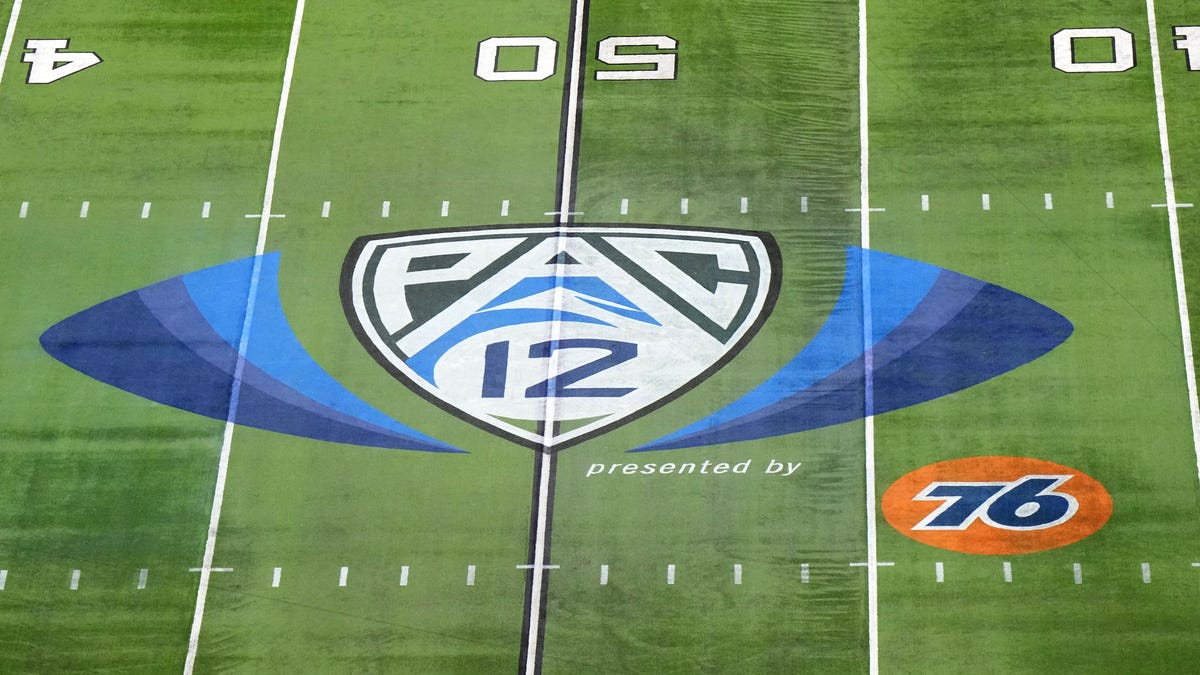Pac-12’s Addition of Mountain West Schools Highlights Absurdities in College Sports
This week’s news about the reorganization of the Pac-12 brings to light a new level of absurdity surrounding conference realignment in college sports, which has long been characterized by poor financial judgment and self-serving choices.
After being left in the dust a year ago when their league members scattered, Oregon State and Washington State have persuaded Boise State, Colorado State, Fresno State, and San Diego State to exit the Mountain West and join them in the Pac-12 by 2026. There may be other schools added in the future; UNLV, Air Force, and New Mexico might be potential candidates, depending on how far they wish to expand. However, one has to wonder if the effort is really worth it given the overall triviality of the situation.
In abandoning the Mountain West, that group essentially has transitioned into a new league with a name that does not change the overall look and feel, which will be similar to the Mountain West.
And what’s the price of this move?
Over $100 million in exit fees and penalties tied to the scheduling agreement that Oregon State and Washington State had with the Mountain West last year, designed specifically to prevent exactly this situation where the remaining Pac-12 teams damage the conference they briefly called home.
Much of that financial burden is likely to come from the pooled resources of the Pac-12, which were accumulated from the income forfeited by the ten schools that switched to the Big Ten, Big 12, and ACC. Consequently, the Mountain West will use those funds to strengthen its existing members and potentially recruit new ones to ensure its survival. If they can’t find enough talent at the current level of expansion, they might need to elevate some Football Championship Subdivision teams or recruit from Conference USA, which faced a similar situation last year.
The repetitive cycle continues.
And for what purpose? How can anyone with a reasonable mindset defend this kind of conference realignment — involving the exchange of more than $100 million from one set of mid-major schools to another — as anything beyond a basic Ponzi scheme?
If you peer closely at the situation, you might understand how schools like Boise State, Colorado State, and San Diego State, with a bit of national recognition, could see the advantage of formally associating with Oregon State and Washington State while leaving behind what they perceive to be the underperforming teams of the Mountain West.
The new Pac-12 will have the opportunity to secure its own media rights agreements, allowing the six participating schools to decide how many partners to bring on and which will provide the best value. For college presidents, crunching those possibilities is irresistible, akin to a catnip experience.
However, in the end, they have merely swapped a conference that was contesting with the American for the title of the fifth-best conference for another that will also vie for that same status.
This indicates that any increase in television revenue is likely to be minimal. Access to the College Football Playoff will remain unchanged since no influential figures in the sport regard the Pac-12 as a significant conference. Ultimately, Boise State and the others will likely face the same opponents they have for years — just adorned with a different conference logo.
When you strip away all the nonsense, this is fundamentally what it’s about.
College athletics officials and university leaders speak only one language regarding conference realignment: Whether they feel included in the elite group or excluded.
Looking at recent events, it’s apparent that there’s no logical reasoning driving these choices apart from ego — even more so than financial gain.
Why did Texas prompt its exit from the Big 12 in favor of the SEC? They assigned blame for their poor football performances and subsequent recruiting declines to their presence in a less competitive conference.
Why did Southern Cal orchestrate its switch from the Pac-12 to the Big Ten? Their program was stagnating, and USC’s leadership felt the Pac-12 wasn’t adequately supporting their efforts to regain national prominence.
Why are Florida State and Clemson pursuing legal actions against the ACC to achieve free agency status, despite the potential costs without assured returns? Their motivation lies in the fear of falling into the lower tier of power, where only four conferences, as opposed to the previous six, now hold sway.
This situation has left college administrators feeling powerless. They find themselves as passengers in the evolving landscape shaped by lawsuits and the demands of Big Ten and SEC schools, which might break away to pursue their own regulations and financial avenues that others do not share.
Therefore, the primary concern for the rest is simply getting as close. While various challenges exist concerning travel logistics, exit fees, and who might face disadvantages, the primary focus remains on reaching that dividing line.
A year back, Washington State and Oregon State were seen as victims, overlooked by everyone. Now, they’ve become aggressors, preying on the struggling Mountain West.
And what about those who are joining them? Sure, they’ll host major celebrations this week in Boise, San Diego, and Fort Collins. They think they’ve finally arrived!
However, they’ve landed in a shadow of what the Pac-12 was — a revival that’s as appealing as a Journey reunion tour without Steve Perry leading the vocals.
Despite Oregon State and Washington State retaining the name and branding, it’s clear to everyone that they are merely rebranding themselves. What they are assembling is more of a “Parody Pac” than a true Pac-12. Sadly, this type of situation has become the norm in college sports today.

